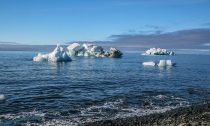
The level of carbon now in the atmosphere hasn’t been seen in 12 million years, a Harvard scientist said in Chicago Thursday, and this pollution is rapidly pushing the climate back to its state in the Eocene Epoch, more than 33 million years ago, when there was no ice on either pole.
“We have exquisite information about what that state is, because we have a paleo record going back millions of years, when the earth had no ice at either pole. There was almost no temperature difference between the equator and the pole,” said James Anderson, a Harvard University professor of atmospheric chemistry best known for establishing that chlorofluorocarbons were damaging the Ozone Layer.
“The ocean was running almost 10ºC warmer all the way to the bottom than it is today,” Anderson said of thi...
Read More

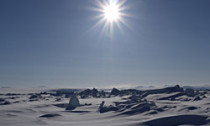
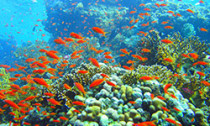

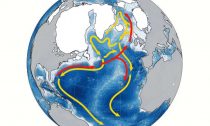
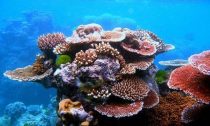



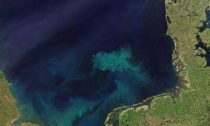


Social Profiles